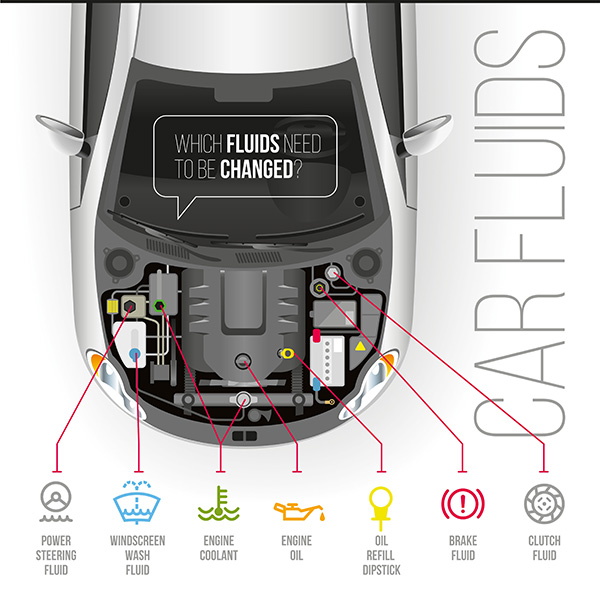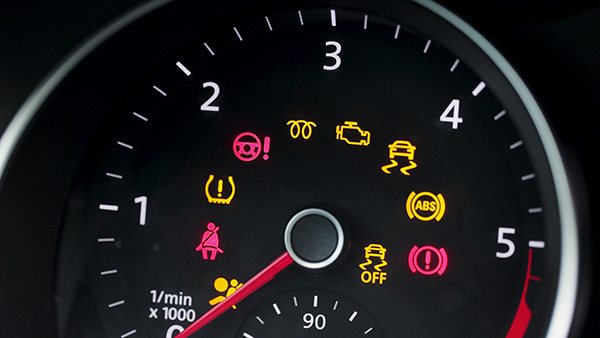Posted on 3/28/2025

Your vehicle relies on several essential fluids to lubricate, cool, and protect key components. Over time, these fluids degrade, become contaminated, or lose their effectiveness, making regular fluid flushes a necessary part of car maintenance. But with so many different fluids under the hood, knowing which ones need to be flushed and when can help prevent costly repairs and keep your vehicle running. Why Are Fluid Flushes Important Fluids don’t last forever. Heat, friction, and environmental contaminants break them down over time, reducing their ability to protect and clean engine components. If old, dirty fluids are left unchanged, they can cause: Overheating and engine damage Increased wear on moving parts Reduced fuel efficiency Brake failure or transmission problems By following a regular fluid maintenance schedule, you can avoid unnecessary breakdowns and expensive repairs. Engine Oil Your engine relies on oil to keep its internal c ... read more
Posted on 2/28/2025

When you’re driving, the last thing you want to see is a warning light flashing on your dashboard. But these lights are more than just annoying distractions—they are your car’s way of communicating potential issues that need attention. Ignoring them could lead to serious damage, costly repairs, or even safety risks on the road. Knowing what these warning lights mean and when to take action can help you prevent bigger problems before they happen. The Check Engine Light The check engine light is one of the most common (and most dreaded) warning lights. It can signal anything from a loose gas cap to a serious engine issue. If the check engine light turns on and stays steady, it usually means there’s a non-urgent issue that should be checked soon. However, if it’s blinking, it indicates a serious problem that requires immediate attention. Common causes include: A failing oxygen sensor A malfunctioning catalytic converter A misfiring en ... read more
Posted on 1/31/2025
%20copy.jpg)
When it comes to car troubles, a blown head gasket is one of the issues that can send shivers down a driver’s spine. It’s often associated with costly repairs and extensive engine damage. But what exactly causes this problem, and how can you avoid it? Let’s unpack the details to help you keep your engine in peak condition and steer clear of a dreaded gasket failure. The Role of a Head Gasket The head gasket is a critical component of your car’s engine. It sits between the engine block and cylinder head, sealing the combustion chamber and preventing oil and coolant from mixing. It ensures your engine maintains the right compression and prevents leaks, which is essential for optimal performance. When this small but vital part fails, the consequences can range from overheating to significant engine damage, making it crucial to understand the factors that lead to a blown gasket. Engine Overheating Overheating is the most common ... read more